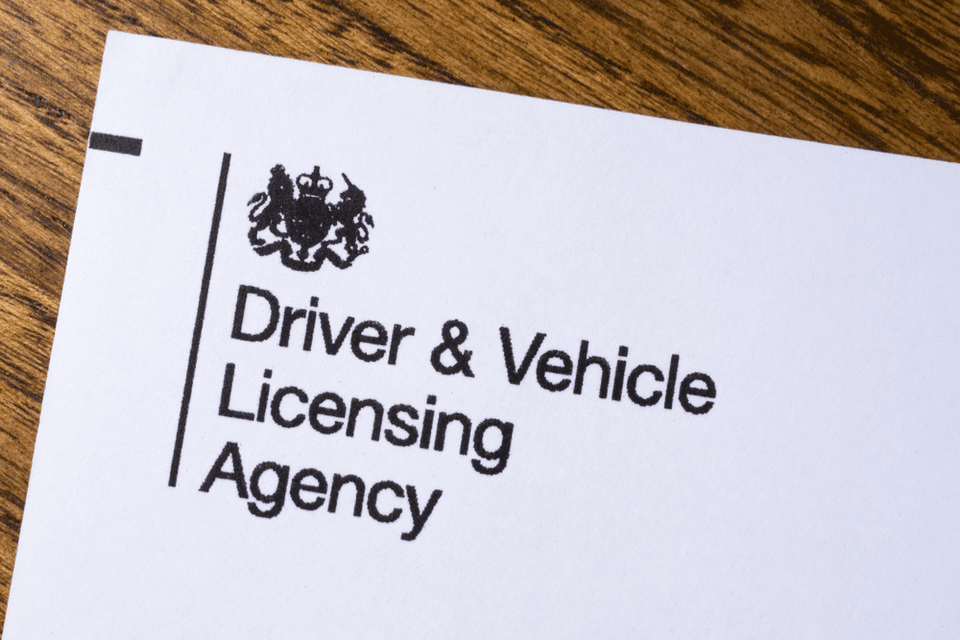The UK government is considering a major change to MOT regulations, which could see thousands of classic car owners facing new inspection requirements. Currently, vehicles over 40 years old are exempt from the annual MOT test, based on the assumption that they are well-maintained and rarely used. However, a new proposal could reverse this exemption, requiring vintage vehicles to undergo safety checks for the first time in decades.
This change could affect more than 340,000 classic car owners, many of whom have long relied on the exemption to keep their historic vehicles road-legal without the costs and requirements of annual testing. While some classic car enthusiasts welcome the idea of age-appropriate safety checks, others argue that these vehicles are already well cared for and that the additional regulations would be unnecessary and costly. With the new rules potentially coming into effect in 2025, the debate over how to balance historical preservation and road safety is heating up.
Why Is the Government Considering This Change?
The Department for Transport (DfT) has launched a consultation on whether the current MOT exemption for classic cars remains appropriate. Under the existing system, vehicles over 40 years old are not required to pass an MOT test, unlike modern cars, which must be inspected annually to ensure they meet road safety and environmental standards.
The argument for exempting classic cars has always been that they are typically well-preserved by their owners and are driven far less frequently than everyday vehicles. However, recent discussions have raised concerns that some vintage vehicles may be unsafe, particularly if they have undergone major modifications or repairs. The consultation aims to explore whether a specialised MOT test should be introduced for classic cars, ensuring that they meet basic roadworthiness requirements without being subject to modern vehicle testing standards.
What Kind of MOT Test Could Classic Cars Face?
One of the key questions raised by the consultation is what type of inspection would be appropriate for classic cars. Responses from classic car enthusiasts and industry experts indicate a divided opinion on how such testing should be implemented.
A survey conducted during the consultation found that:
- 18% of respondents supported a full MOT or similar test for classic vehicles.
- 10% believed a simplified test should be introduced to check for basic roadworthiness.
- 8% argued that older vehicles should undergo a full MOT, but without an emissions test.
- 5% favoured ad-hoc inspections, such as testing after a major restoration or repair.
- 36% stated that no additional inspections should be required, arguing that classic cars are already maintained to a high standard by their owners.
The Federation of British Historic Vehicle Clubs (FBHVC) has previously called for some form of safety check on classic vehicles, particularly for those that have undergone significant restoration or mechanical modifications. However, they also warn that applying modern MOT standards to classic cars would be inappropriate, as these vehicles were built to very different engineering and safety expectations compared to today’s models.
How Many Classic Cars Could Be Affected?
According to the Driver and Vehicle Licensing Agency (DVLA), there are currently around 340,000 vehicles over 40 years old registered in the UK. These include vintage sports cars, historic saloons, and even classic utility vehicles, many of which are only driven occasionally for events, exhibitions, or weekend leisure.
If the MOT exemption is removed, all of these vehicles could be subject to new testing rules, potentially making it more difficult and expensive for owners to keep their cars on the road. Some classic car enthusiasts worry that stricter regulations could discourage people from preserving historic vehicles, leading to a decline in the number of roadworthy classics.
Could the New MOT Rules Lead to Classic Cars Being Taken Off the Road?
The introduction of mandatory MOT tests for classic cars could have significant consequences for owners who are unable to meet the new requirements. If a classic vehicle fails to pass the test, it could be declared unroadworthy, forcing the owner to either invest in costly repairs or take the car off the road entirely.
While some argue that basic safety checks are reasonable, others point out that classic cars do not benefit from modern safety features such as airbags, crumple zones, or electronic stability control. These differences could make it more difficult for vintage vehicles to pass modernised testing standards, even if they are mechanically sound and well-maintained.
Additionally, many classic cars are serviced by specialist mechanics, and their parts are often harder to source than those of modern vehicles. Introducing new MOT requirements could put additional strain on owners, particularly if the inspections require repairs that are difficult or expensive to carry out.
What Happens Next?
The consultation process is still ongoing, and no final decision has been made about the future of classic car MOT exemptions. However, with strong opinions on both sides, it is likely that the government will seek to strike a balance between ensuring road safety and respecting the heritage of classic vehicles.
For now, classic car owners should stay informed about the potential changes and be prepared for new testing requirements in the coming years. Whether the rules will involve a full MOT, a modified test, or targeted safety checks, it is clear that the days of automatic exemption for vintage vehicles may soon be coming to an end.









